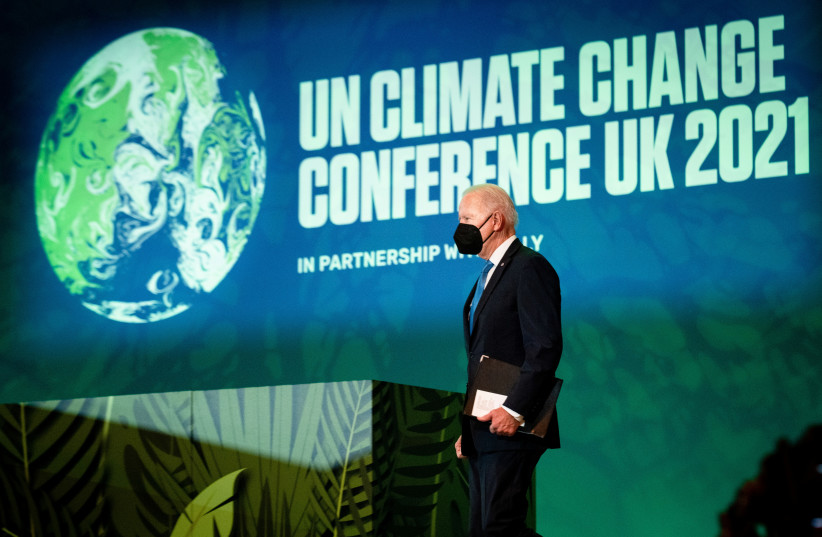Data from the UN show that, as of mid-2021, the world’s population stood at approximately 7.9 billion people.
Roughly 83 million people are born every year, resulting in a 1.1% global population growth. Predictions suggest that by 2050 the global population is expected to reach 10 billion people. Indeed, this may not seem like a massive increase over more than 25 years. However, things are becoming significantly more complex with the rapidly-worsening climate and food crises.
The 26th Climate Change Conference in Glasgow deliberated precisely the same topic that had been discussed for the past 25 years: how humanity has damaged the climate, and how we, by our own hands, continue to harm the environment each day.
Concerns for the earth’s growing population, alongside the changes to the climate that will impair agricultural crop growth and food supply, are more pressing than ever.
Similarly, the climate crisis has dramatically accelerated innovation in the foodtech and agrotech industries to provide solutions to the public.

The solution lies with cultured foods.
By 2050, global food consumption will grow by 56%. That means there will be far more mouths to feed with far fewer land resources for growing food. On top of this, the unstable climate system will severely impact agricultural lands worldwide.
Let’s take the dairy industry as an example. Did you know that 1,000 liters of water are required to produce a single liter of milk? With conventional milking methods, this industry won’t maintain a sufficient supply of milk (or any of its derivative products) for many years to come. The numbers are vast, and the challenge is substantial and consequential. However, we have the power and the opportunity to change the current situation for the best.
Cow’s milk – one of our most reliable sources for efficient protein, calcium and overall well-being – accounts for 4% of global greenhouse gas emissions. Dairy is considered one of the most polluting industries. It is in need of an immediate solution to render cattle barns obsolete, thus drastically reducing air pollution and immensely decreasing water use.
We are at the doorstep of a new, different era for humans and animal lives. Either we decide, as a society, to take the initiative and move things forward, or we may find ourselves facing a global food shortage.
However, we do see the sprouts of change, commencing with the UN’s commitments, through certain governments and nongovernment organizations, and on to individual and social efforts.
I have always believed that change is possible when various elements of society work together – public, private and social. We are already witnessing clear examples of private entities working hard to find alternatives to current food production practices.
Different methods are being utilized for producing meat, milk, eggs, fish and even seafood, using specialized technological processes. These efforts give hope to society, and prove once again that when we have a common goal, nothing can stop us from leaving a better world to future generations.
Now, it is solely up to us, the innovators. We need to join forces with communities and governments to encourage the adoption of new technologies, enabling us to enjoy incredible foods without compromising on nutritional value or flavor, while promoting sustainability, safety and even revenue growth.
The writer is the CEO of the Israeli biofood-tech company Wilk, which has developed a specialized technological process for producing milk in laboratory conditions.
